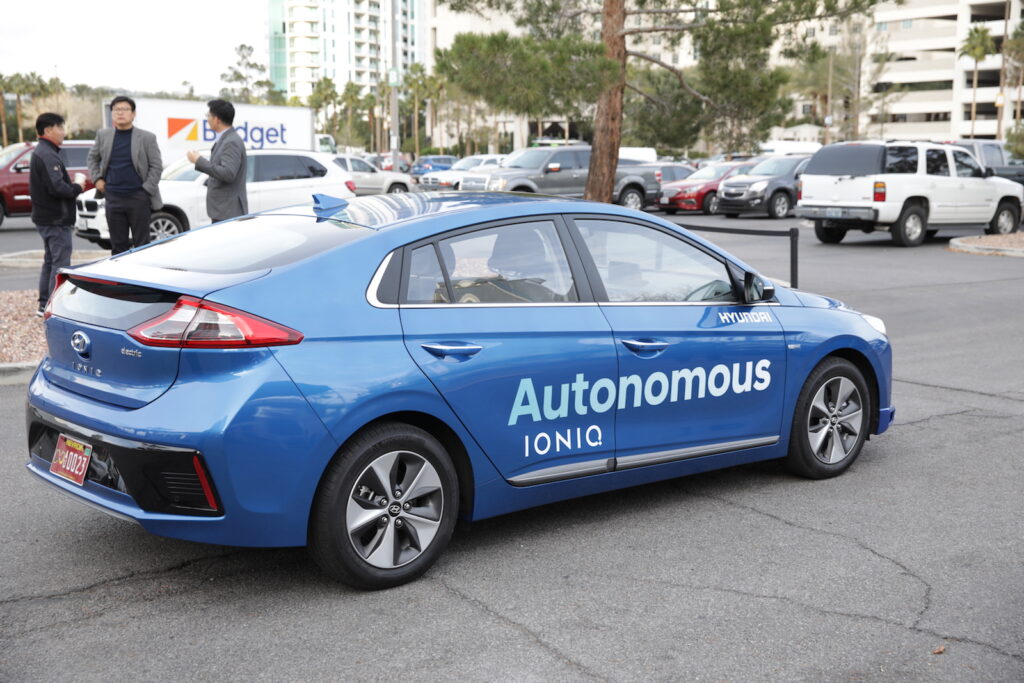
Quick Intake
One more use case of blockchain in Supply chain w.r.t Automobile part provenance.
It happens like we may not be getting the authentic spare parts for our vehicles once the parts are damaged by an accident or whatsoever reason and we end up accepting the second quality parts from other manufactures instead of OEM make.
Sometimes, we see the same packing from OEM but they are not genuine products and are duplicated.
Having known the importance of safety involved with these automobile spare parts, we need to get only the original parts to meet and ensure the safety standards!
How about having a shared ledger that tracks the parts genuinity from OEM places to till it gets fixed to the vehicle?
Well, the same has been bought by Hyundai into practice.
Here is the use case from Hyundai where they are tracking the spare parts end to end thus proving the authenticity.
Worth noting that this covers As many as 100,000 people will access the system across the supply chain, including 16,000 dealers in more than 200 countries. The IT system supports three million different parts for 300 car models.
Hyundai MOBIS, the auto manufacturer’s parts subsidiary, has launched a new parts software system MAPS (Most Advanced Parts System), that leverages AI and blockchain. The platform will be used for distributing after sales (AS) parts for 300 models of Hyundai and Kia cars.
As many as 100,000 people will access the system across the supply chain, including 16,000 dealers in more than 200 countries. The IT system supports three million different parts for 300 car models.
Blockchain is being piloted to verify that a part is original. The auto company raised concerns that illegal counterfeit parts are used in some countries, which could result in safety issues. Hence a car owner can scan the QR code on the packaging to verify the part is authentic.
However, Hyundai MOBIS only referred to fake parts, whereas another common issue is repair companies charging the full price for original parts but instead using generic parts. In this case, the parts might not create safety issues, but the customer isn’t getting what they paid for.
Beyond parts authenticity, the company envisages the future broader use of blockchain throughout the maintenance life cycle. It’s particularly insurers that often pay for original parts but have generic parts substituted. But in the future, the original parts used will be associated with a car’s maintenance record.
When the vehicle number is scanned at a repair shop, it will list all the car’s parts. And the repair firm will log the maintenance in the car’s history. In other words, it will create an electronic log book. Blockchain enables the data to be shared with the dealer, repair shop, insurer, manufacturer and car owner.
The MAPS platform also uses machine learning to predict any delays in part supplies.
Various other Hyundai businesses are leveraging blockchain. For example, Hyundai Commercial, which provides leasing and financial services for commercial vehicles, is using an IBM solution for supply chain finance.
Other car manufacturers such as Toyota and BMW are also exploring blockchain for the auto parts supply chain.
Like this article? You can share it right from here !!
